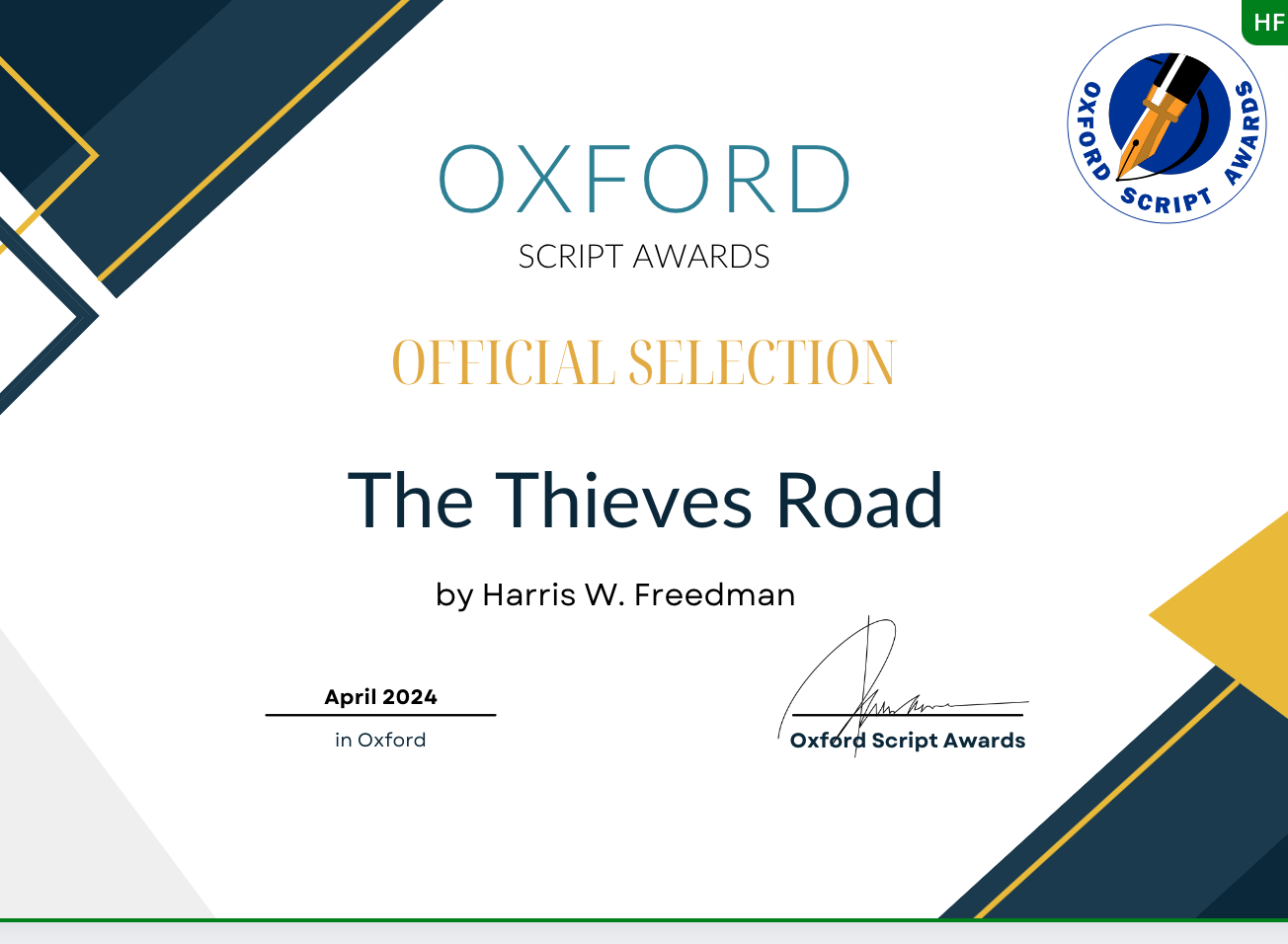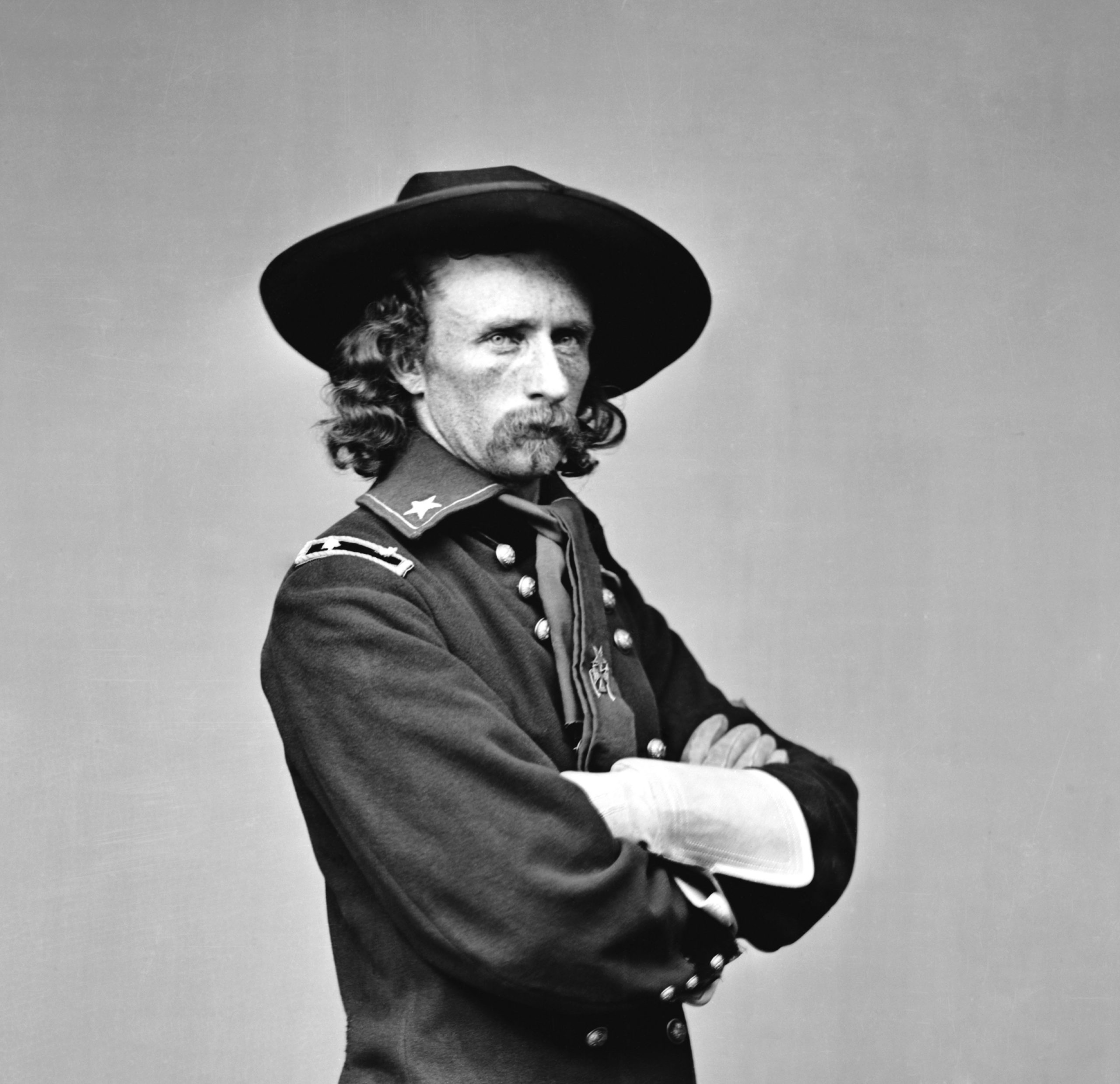The Thieves Road: Official Selection – Oxford Script Awards 2024; Official Selection – Best Script Award London 2023; Honorable Mention in the 2018 New Works of Merit Playwriting Contest, USA, and was chosen Stageplay Winner by the 2011 Moondance International Film Festival.
Excerpt from a professional reader’s report: The Thieves Road…“resonates with contemporary world events. Vivid and emotive verbal Imagery…creates a physically and morally gruesome setting for the play. The subject matter is an inspired choice both in the retelling of a story that needs to be heard in its own right, and for its thematic resonance – issues of the legitimacy of war and the methods of war, imperialism, nation-building, human rights, personal versus state responsibility and the subjectivity of written and verbal history.”




Leave a Reply